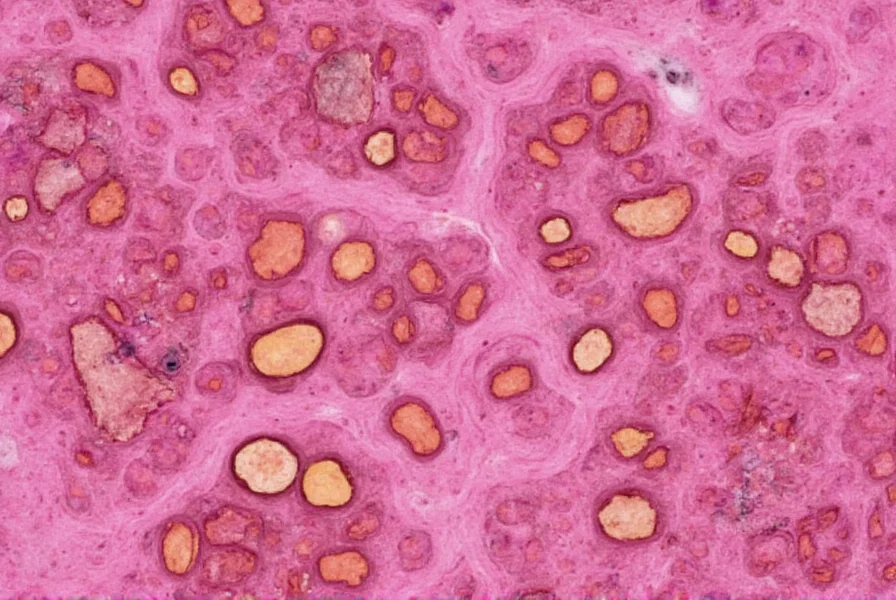Ginger isn't just a kitchen staple—it's a powerhouse of bioactive compounds with scientifically documented effects on human physiology. This ancient medicinal root has been used for over 2,000 years across Asian and Middle Eastern cultures for treating various ailments. Modern research continues to validate many traditional uses while uncovering new mechanisms of action within our bodies.
How Ginger Works in Your System
When you consume ginger, its active compounds—primarily gingerols, shogaols, and zingerone—enter your bloodstream through the digestive tract. These compounds interact with multiple physiological systems, creating what researchers call a "multi-target" therapeutic effect. Unlike many pharmaceuticals that focus on a single pathway, ginger influences several biological processes simultaneously.
Key Physiological Effects of Ginger
| Body System | Documented Effects | Research Status |
|---|---|---|
| Digestive System | Accelerates gastric emptying, reduces nausea, decreases bloating | Strong clinical evidence |
| Inflammatory Response | Reduces inflammatory markers like COX-2 and TNF-alpha | Well-documented in studies |
| Musculoskeletal System | Decreases muscle pain and soreness after exercise | Multiple clinical trials |
| Cardiovascular System | May lower blood pressure and improve circulation | Emerging evidence |
Digestive Benefits: More Than Just Settling Nausea
Ginger's most well-established effect is on digestive health. Clinical studies show that consuming 1-1.5 grams of ginger can significantly reduce nausea from various causes including morning sickness, chemotherapy, and motion sickness. What many people don't realize is that ginger actually accelerates gastric emptying rather than merely masking nausea symptoms. This makes it particularly valuable for people with functional dyspepsia, a condition where food moves too slowly from the stomach to the small intestine.
When exploring what ginger does to the body for digestion, researchers have found it stimulates saliva, bile, and gastric enzyme production. This comprehensive digestive support explains why traditional medicine systems have used ginger as a "carminative" herb to prevent gas formation and relieve bloating.
Anti-Inflammatory Mechanisms Explained
The anti-inflammatory properties of ginger work through multiple pathways. Gingerols inhibit the synthesis of inflammatory prostaglandins and leukotrienes—similar to how non-steroidal anti-inflammatory drugs (NSAIDs) work, but through different mechanisms. This makes ginger particularly interesting for people seeking natural alternatives for managing chronic inflammation.
Studies examining how ginger affects the body's inflammatory response have shown measurable reductions in markers like C-reactive protein (CRP) and interleukin-6 (IL-6) with regular consumption. These effects appear most pronounced with consistent daily intake rather than occasional use.
Understanding Ginger's Pain-Relieving Effects
Research into what does ginger do to the body regarding pain management reveals promising results. In one double-blind study, participants who consumed 2 grams of ginger daily experienced 25% less muscle pain after intense exercise compared to the placebo group. The mechanism appears related to ginger's ability to reduce inflammation in muscle tissue and potentially modulate pain signaling pathways.
For people with osteoarthritis, ginger extract has demonstrated effectiveness comparable to ibuprofen in some studies, with fewer gastrointestinal side effects. This positions ginger as a valuable complementary approach for managing chronic pain conditions.

Potential Cardiovascular Benefits
Emerging research suggests ginger may support heart health through several mechanisms. Studies indicate ginger can help lower blood pressure by promoting vasodilation and may improve lipid profiles by reducing LDL cholesterol. The antioxidant compounds in ginger also protect blood vessels from oxidative damage, potentially reducing atherosclerosis risk.
When investigating what ginger does to the body for cardiovascular health, researchers note its blood-thinning properties require caution for people taking anticoagulant medications. This interaction exemplifies why understanding both benefits and potential contraindications is crucial.
Important Considerations and Potential Side Effects
While generally safe, ginger can cause mild side effects when consumed in excess (typically more than 4 grams daily). These may include heartburn, diarrhea, and mouth irritation. People with gallstones should consult their healthcare provider before using ginger medicinally, as it may increase bile production.
Those taking blood thinners, diabetes medications, or certain heart medications should exercise caution with ginger supplements due to potential interactions. Pregnant women can typically use ginger safely for morning sickness (up to 1 gram daily), but should consult their healthcare provider before regular medicinal use.
Optimal Consumption Methods and Dosages
The effects of ginger on the body vary depending on preparation method. Fresh ginger contains higher levels of gingerols, while dried or cooked ginger develops more shogaols, which have different bioavailability and effects. For digestive benefits, consuming ginger 30 minutes before meals appears most effective.
Research on what ginger does to the body suggests these evidence-based dosages:
- Nausea relief: 1-1.5 grams of fresh ginger or extract
- Muscle pain: 2 grams daily
- Anti-inflammatory effects: 1.5-3 grams daily

Who Should Approach Ginger with Caution
While ginger offers numerous benefits, certain populations should exercise caution. People scheduled for surgery should stop ginger supplements at least one week beforehand due to potential bleeding risks. Those with low blood pressure should monitor their levels, as ginger may enhance hypotensive effects of medications.
Individuals with ginger sensitivity may experience allergic reactions, though these are rare. As with any natural remedy, starting with small amounts to assess tolerance is advisable when exploring what ginger does to the body.
Conclusion: Balancing Benefits and Realistic Expectations
Ginger's effects on the human body represent a compelling intersection of traditional wisdom and modern science. While not a miracle cure, its multi-system benefits make it a valuable addition to a health-conscious lifestyle. The key lies in understanding both its capabilities and limitations—using it appropriately for specific concerns while maintaining realistic expectations about its effects.











 浙公网安备
33010002000092号
浙公网安备
33010002000092号 浙B2-20120091-4
浙B2-20120091-4